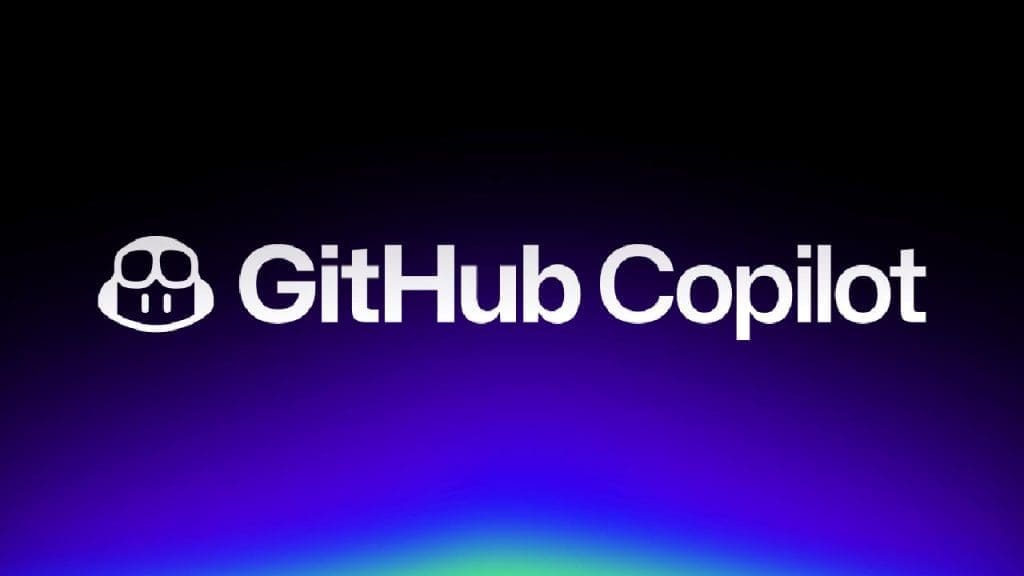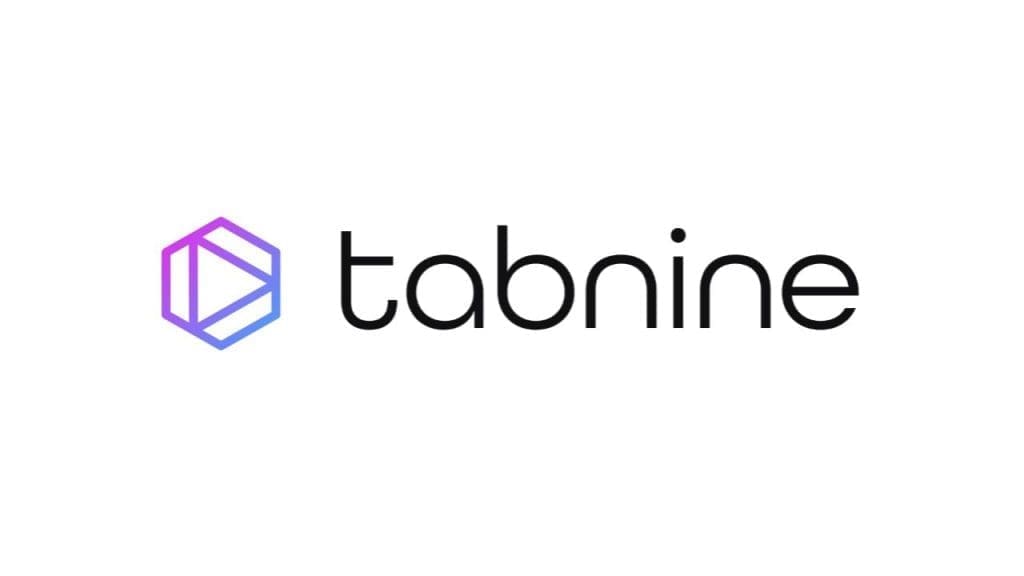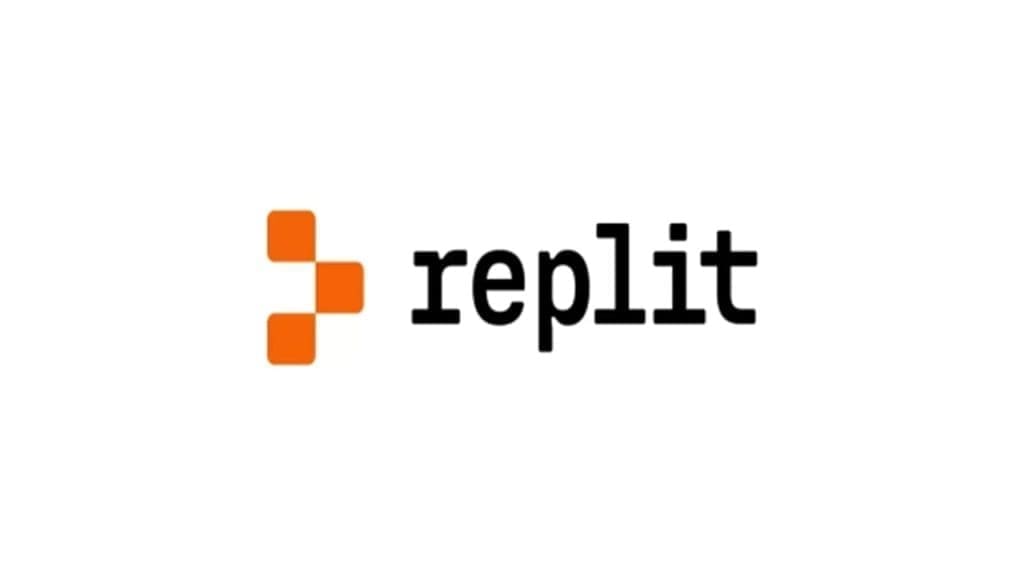
In the swiftly evolving world of technology, AI tools have become indispensable to developers, providing assistance and enhancing productivity. From code suggestions to debugging, these tools are reshaping how we approach coding. Let’s explore six of the best AI tools for coding that are making waves in the industry today.
GitHub Copilot

GitHub Copilot is a revolutionary AI-powered code completion tool developed by GitHub in collaboration with OpenAI. It’s designed to assist developers by suggesting entire lines or blocks of code within popular editors like VS Code. By leveraging the vast amount of open-source code available on GitHub, Copilot offers contextually relevant suggestions, helping to significantly reduce coding time. It’s particularly praised for its ability to handle repetitive coding tasks, allowing developers to focus on more complex problems. For more on AI’s impact on coding, check out this ZDNet article.
Tabnine

Tabnine is another popular AI code completion tool that integrates seamlessly with various integrated development environments (IDEs). It uses deep learning models to predict and suggest the next lines of code, making it a handy companion for developers. Tabnine supports a wide range of programming languages, which makes it versatile for different coding projects. The tool’s ability to learn from personal coding styles and adapt over time is a standout feature, making it a personalized assistant. For an in-depth review of popular AI tools, visit G2’s comprehensive list.
Replit Ghostwriter

Replit Ghostwriter is designed for those who work within the Replit environment. It offers powerful AI-driven suggestions, helping developers write code more efficiently. Ghostwriter is particularly beneficial for beginners or those looking to streamline their coding process. It offers instant feedback and suggestions, which can be instrumental in learning and improving coding skills. Replit Ghostwriter’s integration with the Replit platform allows for a seamless experience, enabling real-time collaboration and code-sharing. To explore discussions on the best AI tools for coding, visit this Reddit thread.
Kite

Kite is an AI-powered coding assistant that has gained popularity for its ability to offer code completions across multiple languages. It integrates with various editors, providing developers with line-of-code completions and function signature assistance. Kite’s standout feature is its ability to work offline, offering suggestions without the need for an internet connection. This can be incredibly useful for developers who work in environments with limited connectivity. For more insights into software development practices, you can explore this Springer article.
Codex by OpenAI

Codex, developed by OpenAI, is the backbone of GitHub Copilot, but it also shines as a standalone tool. It’s designed to understand and generate code in multiple programming languages. Codex is particularly known for its ability to translate natural language into code, making it a powerful tool for developers who need to quickly prototype or automate coding tasks. It also supports a wide variety of languages, which broadens its applicability across different coding environments. For an overview of AI tools in coding, check out Backlinko’s guide.
Sourcery

Sourcery is an AI tool that focuses on improving the quality of your code by offering real-time suggestions for refactoring. It integrates with popular IDEs and provides insights on how to make code cleaner and more efficient. Sourcery’s ability to detect code smells and suggest improvements helps developers maintain high code quality standards. It’s particularly useful for teams working on large codebases where consistency and readability are crucial. Developers looking to enhance their coding practices will find Sourcery a valuable addition to their toolkit.